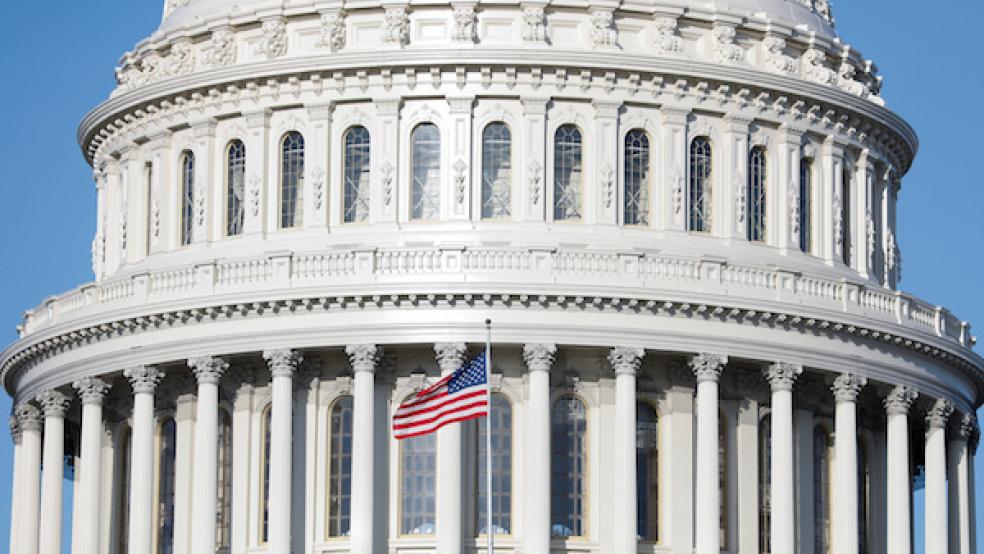House and Senate negotiators are reportedly closing in on an agreement on a $1.4 trillion omnibus spending bill for fiscal year 2021, which began October 1. The deal would avert a government shutdown after midnight on Friday and provide a legislative vehicle for a potential Covid-relief package and other items left on the lame-duck Congress’ year-end agenda.
Roll Call’s Jennifer Shutt and Paul M. Krawzak report:
“Negotiators have reached compromises on some of the thorniest issues including border wall spending, Immigration and Customs Enforcement detention capacity and funding for veterans health care programs. A handful of smaller items sent to congressional leaders remain to be worked out, but a full agreement is close… .”
Text of the legislation reportedly could be filed on Tuesday.
One of the issues holding up the spending package was a disagreement over how to handle $12.5 billion in funding for programs that allow certain veterans to get health care outside VA facilities. Roll Call reports that House Minority Leader Kevin McCarthy had objected to allowing that funding to be deemed “emergency” spending and excluded from agreed-upon spending caps, a plan that appropriators had agreed upon in order to avoid other cuts to non-defense programs. In the end, negotiators reportedly will keep the funding under the non-defense spending cap and use other accounting maneuvers to offset the cost.
An end to surprise medical bills? Long-delayed legislation to protect patients from being hit with “surprise” medical bills reportedly could also be rolled into the spending package after key lawmakers struck a bipartisan agreement late Friday on the divisive measure. You can read more about the details of the agreement here.
The deal could still face hurdles. “While House Speaker Nancy Pelosi and Senate Democratic leader Chuck Schumer quickly announced their support for the bipartisan, bicameral legislation, Senate Majority Leader Mitch McConnell has been conspicuously quiet,” Vox’s Dylan Scott reports. “His office has simply told reporters they are reviewing the plan. And that’s a big problem if this deal, breakthrough though it is, is ever going to become law and actually put a stop to most surprise bills.”





